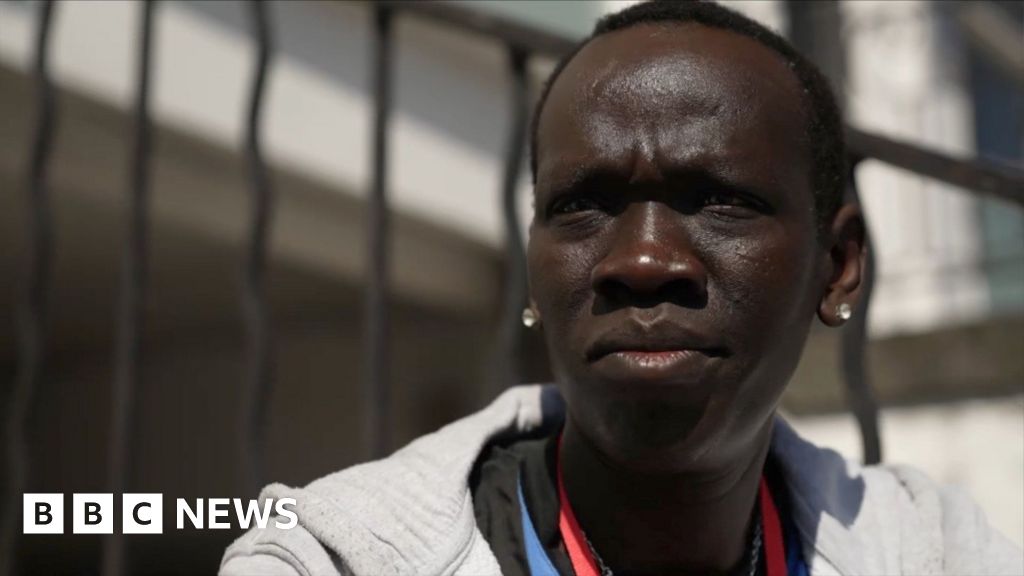
 PA Media
PA Media
Gary Glitter, real name Paul Gadd, was jailed in 2015 for sexual abuse
Convicted sex offender Gary Glitter has been declared bankrupt after failing to pay more than £500,000 to a woman he abused when she was 12, her lawyers have said.
The disgraced pop star, whose real name is Paul Gadd, was convicted in 2015 of abusing the woman between 1975 and 1980, as well as two other young people, and was last year ordered to pay the victim damages of £508,800.
The sum included £381,000 in lost earnings and £7,800 for future therapy and treatment.
Richard Scorer, head of abuse law at Slater and Gordon, which represents one of the victims, confirmed 80-year-old Gadd had been made bankrupt, adding he had refused to co-operate and "continues to treat his victims with contempt."
In a statement, he added: "We hope and trust that the parole board will take his behaviour into account in any future parole applications, as it clearly demonstrates that he has never changed, shows no remorse and remains a serious risk to the public."
Gadd was jailed for 16 years after his conviction in 2015, and released in February 2023 after serving half his sentence.
He was returned to prison six weeks later after it was found he had breached his licence conditions by allegedly viewing downloaded images of children.
The woman, who cannot be named for legal reasons, brought a compensation claim against Gadd. The High Court heard that she had been unable to work for decades due to the abuse, and had suffered lifelong mental scarring.
Judge Mrs Justice Tipples ruled that Gadd had subjected the claimant "to sexual abuse of the most serious kind".
She said she was satisfied the woman had not been able to find "any meaningful employment throughout her life" as a result, and awarded her damages for complex psychological therapy and treatment and loss of earnings.
"Her education was ruined and she has suffered severe psychiatric injury for the rest of her life," she added.
In her ruling, the judge said Gadd had failed to acknowledge the compensation claim had been lodged against him - meaning he had lost the case by default.
He had not responded to an offer to speak to the court on a prison video link when it came to deciding the exact amount he should pay, she added.

 1 month ago
51
1 month ago
51

















































